Gyoza
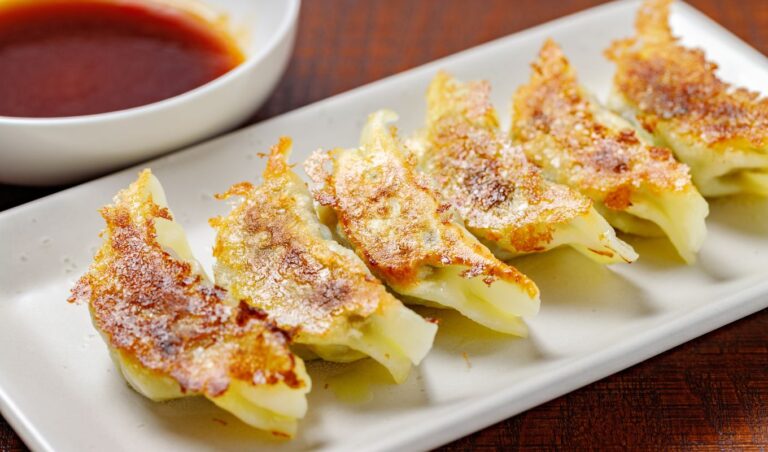
First you fry your dumpling on a frying pan until it’s crispy and brown on one side. Then you fill the pot with water and cover it with a lid, steaming the top of the dumpling. Then you take a…

First you fry your dumpling on a frying pan until it’s crispy and brown on one side. Then you fill the pot with water and cover it with a lid, steaming the top of the dumpling. Then you take a…
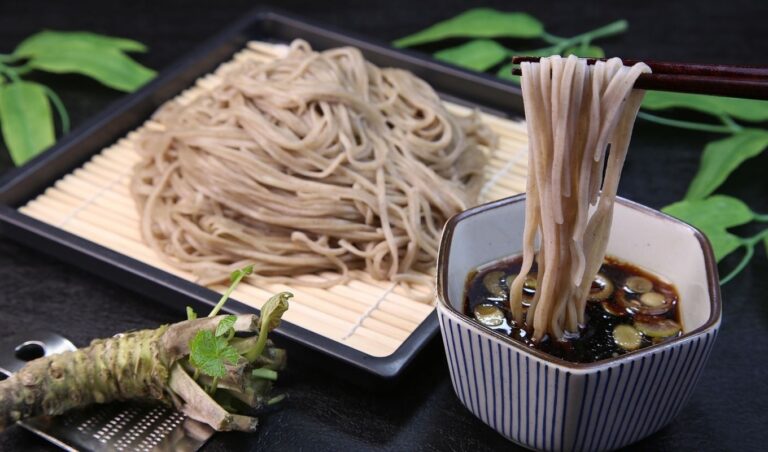
How would your mother, who always told you to mind your manners at the dinner table, feel about you noisily slurping a bowl of noodles? If she were a Japanese chef, she’d be flattered! In Japan, noodles are everywhere you…
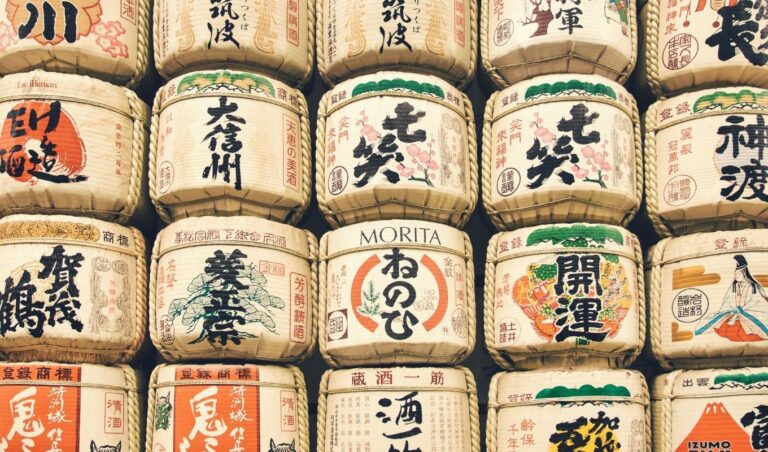
Instead of holding onto the handle of a tall cold, glass mug, you take a sip of the nation’s favorite pastime alcoholic beverage from a small cylindrical ceramic cup that fits between your index finger and your thumb. After just…
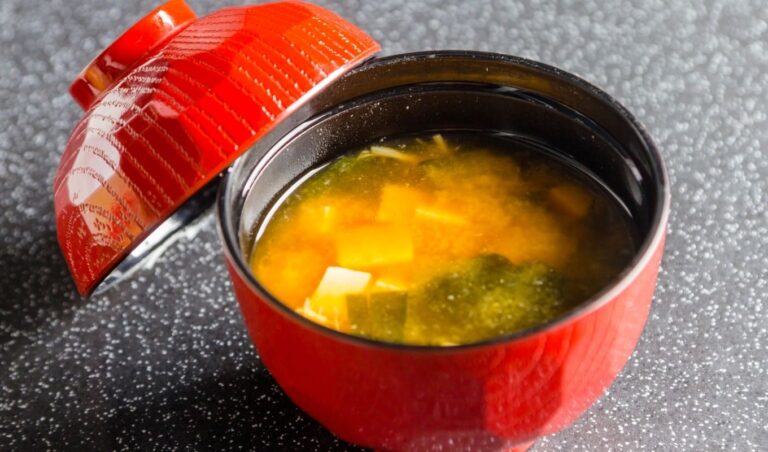
What if each morning instead of that bowl of cereal or that plate of bacon, toast, and eggs, you started your day off with a salad, some fish, a mountain of rice, and a bowl of soup made with things…
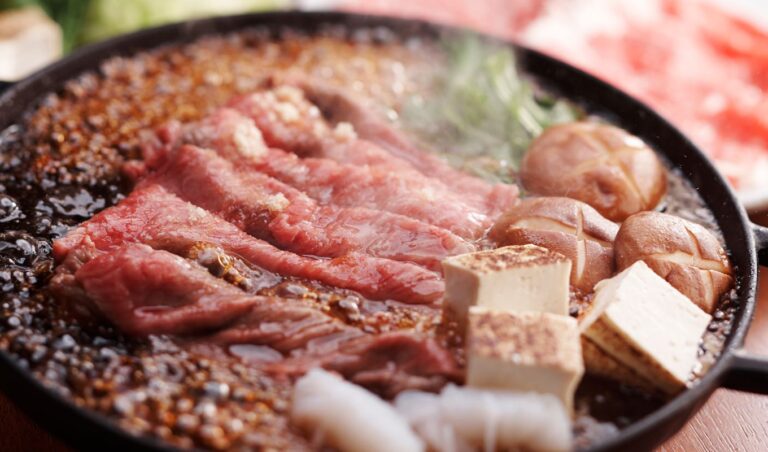
Sitting on the floor and gathered around a low-to-ground table, you and a group of friends hold your chopsticks anxiously above a pot positioned directly in the center of the table. As you’re enjoying the company and conversation, your meal…
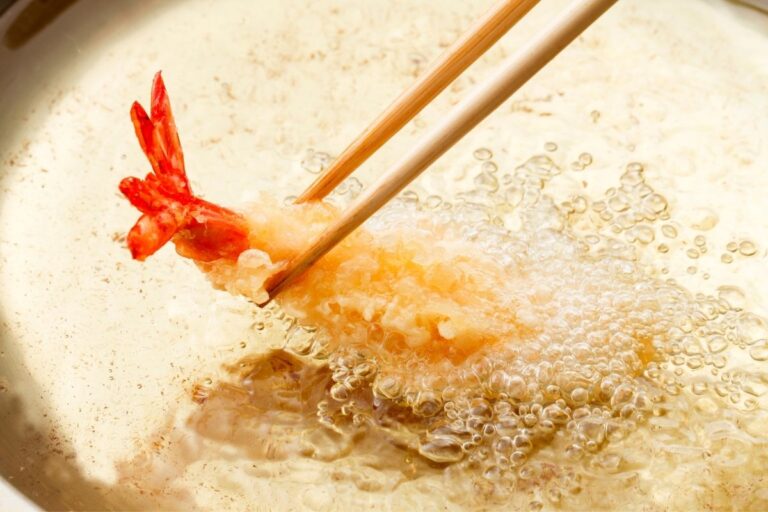
Fried chicken is a fast food staple in the US, but fried seafood and vegetables are far more popular in Japan. Covered in a seasoned batter full of protein that’s so light you can usually see the seafood or vegetable…

It’s a hearty lunch, it’s a snack, it’s a dessert… And there’s a seemingly endless assortment of flavors from which to choose! These flour, rice powder, and buckwheat dough buns come with a variety of fillings and are boiled and…
Now that we’ve studied how to use Japanese adjectives to modify nouns as we do in English, we’re going to examine how Japanese, unlike English, can also treat adjectives like verbs. You should remember from Lesson 1 that –i adjectives…
In English, an adjective describes, or “modifies,” a noun. Japanese adjectives can do the same—but they can also function as verbs. You’ll learn more about adjectives as verbs in a future lesson. In this lesson, we’ll concentrate on using adjectives…
When you conjugate verbs in English, you have to consider the tense (present, past, future, etc.) and the subject (I, you, he/she/it, we, they). When conjugating verbs in Japanese, although you must still consider the tense, the subject is unimportant;…